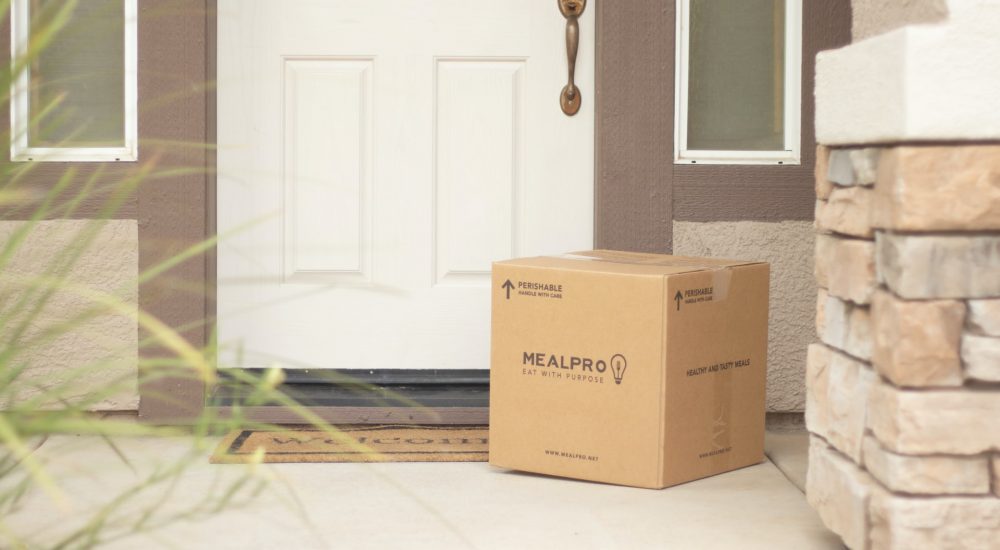Like many countries, Turkey has its own set of import requirements, which are strictly enforced. In light of recent regulations and amendments, it has become increasingly challenging for individual shoppers to place orders from abroad as customs costs scare most people off.
If you are unfamiliar with the importing process in Turkey, it can also seem quite complex, especially when it comes to figuring out taxes and duties.
Tax Rates and Calculating Fees
When you want to ship something back from home or import something from abroad, you should expect to pay tax and duties based on various factors, including the weight of your shipment, its value, product type, and from where it will be imported or transported.
The most basic rates you should know for imported goods depend on their consignment.
- If you have placed an order from within the E.U. or have a package to send from there, you should expect to pay 18% tax.
- If the consignment has been made from a country outside of the E.U., such as China, this figure will go up to 20%.
- In addition to the customs duties, the 20% Special consumption tax (SCT) will be applied for the products listed in the SCT number 4 list.
Let’s say you have bought a “luxury” product (such as jewelry or a tape-recorder) that costs TL 200.
Since the customs tax rate for products imported from China is 20%, this means an additional TL 40.
You will also be subject to Special Consumption Tax (ÖTV) which is 20%, or 20% of the product price and customs tax, making an extra TL 48.
You will also have to pay TL 8 regardless of the value of the item you ordered, the customs presentation fee, and stamp duty of TL 0.70.
That makes your total TL 296.70.
The Tax-Free Threshold
Over the years, Turkey drastically lowered its tax-free threshold on imported goods, and it used to stand at 22 euros. However, in 2019 it scrapped this scheme.
That means that regardless of the value of your ordered items, even if the declared value is cheaper than 22 euros, your shipment will be subject to import tax.
However, there is a tax exemption for books and other printed publishing materials that do not exceed 150 euros.
Where to Order From
The most popular e-commerce sites used for international shipments or importing foreign goods to Turkey are Amazon or Alibaba. Shopify and eBay also remain popular e-commerce platforms.
While Amazon is a retailer, Alibaba is a wholesaler. If you are looking for Amazon’s equivalent based in China, that would be AliExpress. The problem with AliExpress is that you often cannot track your orders.
Although Amazon has a Turkish site, many products are not available on it. This is where Amazon’s international shopping feature enters the picture. This feature displays pricing and offers different shipping speeds and costs, but it also gives estimates on import duties. Amazon also manages the courier service and customs clearance, saving you from dealing with the paperwork and logistics.
Although you can use Alibaba to place orders from China, not every item will be shipped directly to Turkey. In that case, having a physical address in another country, such as the U.S., if you are ordering from Alibaba USA, will help you. For that, the best option is to use freight forwarders.
International Parcel Forwarding
Mail and parcel forwarding services like from USAbox can be convenient. The way such services operate is to provide you with a free U.S. shipping address, giving you access to a marketplace inaccessible from Turkey under normal circumstances. In addition to tracking your parcels, if you make multiple orders, such services can consolidate your packages and send them at once, reducing your shipping costs drastically.
What Documents Do I Need to Submit to Customs?
After your item or package arrives in Turkey, the courier may notify you that you need to submit a declaration to receive clearance.
For that, you will be asked to prepare and provide documentation to the customs agent via email, which will be:
- The waybill (irsaliye)
- The URL of the site you purchased the item (a screenshot will do)
- The credit card statement for your purchase
- A copy of your residence permit
- Proof of your Turkish address
- Your mobile number
After you submit these documents, you will be requested to advance the fees by IBAN to select public banks (such as Halkbank and Ziraat Bank).
Notes, Tips, and Warnings
- Be careful when dealing with Aramex Parcel, an up-and-coming Middle-East-based shipping company. The courier service has received a lot of negative feedback lately from late and rescheduled deliveries without consent to a lack of customer support and no in-house clearance process.
- The most preferred carriers that require no customs agents are FedEx, UPS, DHL, Hong Kong Post E-Express, and government posts such as USPS, U.K. Post, etc. If a government delivery service ships it, expect the Turkish Postal Service (PTT) to handle the clearance.
- Always order and ship your mail or parcels using traceable means. Otherwise, your package or letter may get lost, or a hefty customs fine may pop up in your mailbox a few weeks later.
- When you have placed an order, please keep track of its route. Be proactive by calling couriers when the item has arrived to get instructions on how to proceed.
- If you ship vitamins and supplements, you will need a doctor’s note outlining the brand name and quantity.
- Beware of national holidays and expect significant delays to your package during such periods.
Items Turkey Prohibits from Import
- Marijuana, opium, and narcotics
- Silkworm eggs
- All kinds of soil, leaves, stalks, hay, natural fertilizers used for agricultural purposes
- Gaming gadgets and machines
- Goods and envelopes of counterfeit origin
- Substances that deplete the ozone layer
- Bulk alcoholic beverages, mixed alcoholic beverages, agricultural distillates that can be used in the production of alcoholic beverages, and concentrated drinks that can be used in the preparation of alcoholic drinks with the addition of raw materials or additives such as water and edible alcohol.
- Various wastes, chemical substances, and metal scraps.
The import of antiquity is also wholly prohibited. There are also several items whose importance is restricted. One is new carpets, for which you’ll be asked to provide proof of purchase. The importation of electronic devices also subject to specific rules and regulations, and they must comply with standards established by the Turkish Standards Institution (TSE). For food products, compliance with requirements set by the Ministry of Agriculture and Forestry is mandatory.
Resource: ikamet.com


